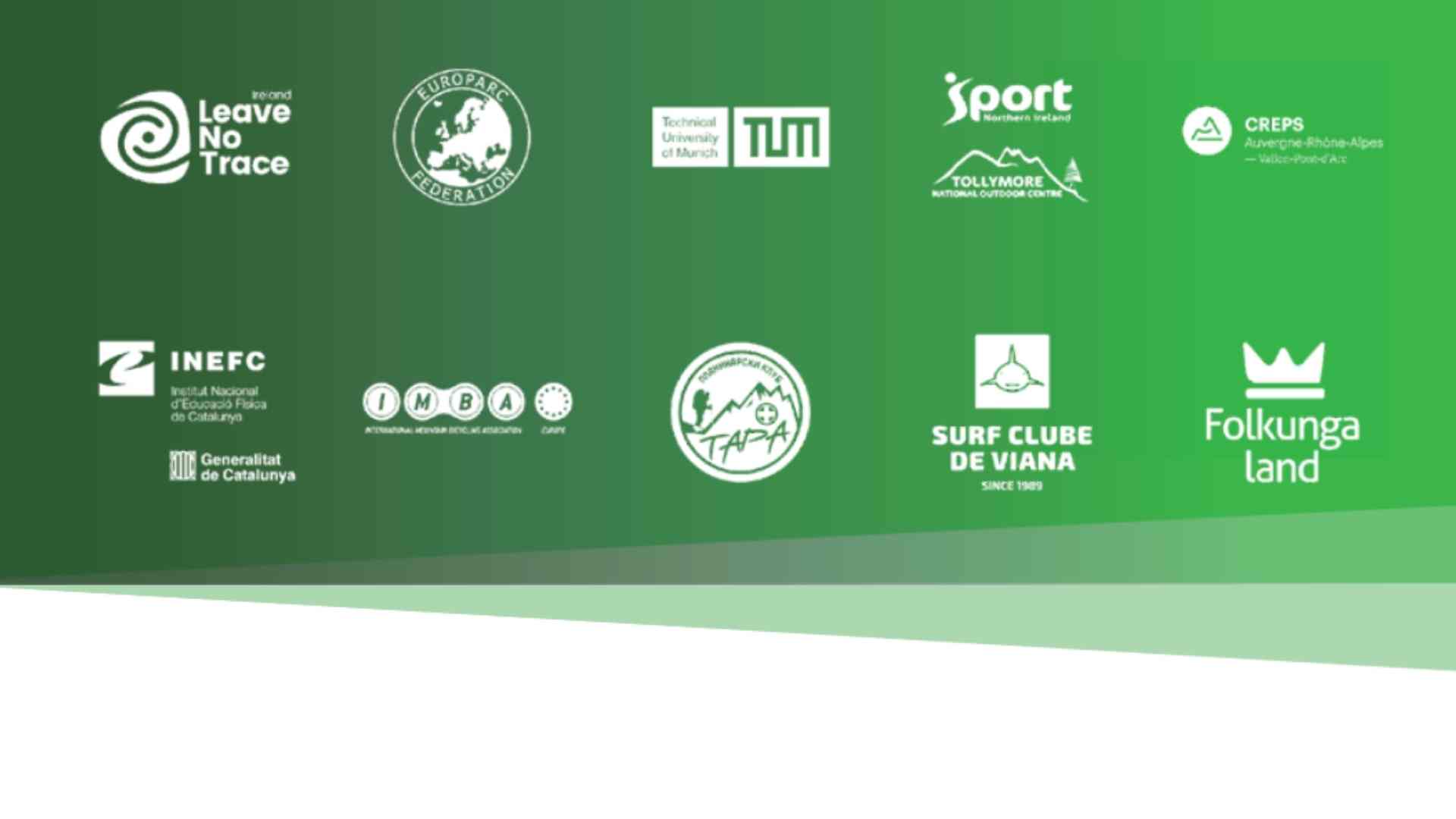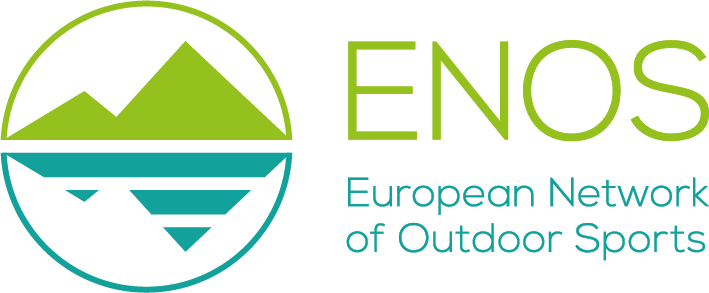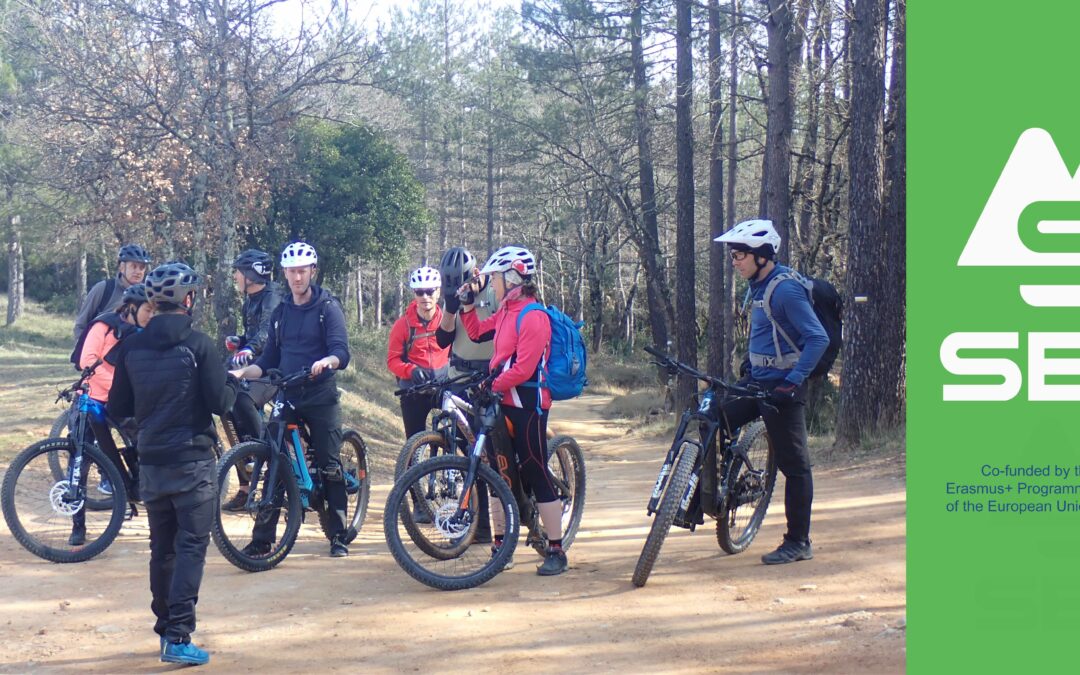The SEE exchanges: towards the construction of a toolkit for environmental education through the practice of nature sports
The aim of the Sustainability and Environmental Education in Outdoor Sports (SEE) project is to develop, through the constitution of a solid European network and an increased sharing of competences, concrete instruments for environmental education through outdoor sports. The objective is to build a toolkit giving outdoor sports instructors the keys to learning about ecological issues.
To achieve this, the partners involved in the programme are seeking to meet on a regular basis throughout the three years of its funding. Two initial discussions had already been held in Serbia and Portugal, but the last meeting in this sense was organised from 7 to 11 March at the CREPS in Vallon-Pont-d’Arc.
Committed to environmental protection for several years – through its actions, its training offers or its partnership with the Management Syndicate of Ardèche canyon (SGGA) – and hosting the European Nature Sports Centre (CESN) – an active member of the SEE project -, the CREPS was indeed identified as the ideal organisation to host this new exchange.
Reflections during theoretical workshops
In order to move forward with the construction of this toolkit, the members of the CESN invited a certain number of national experts to speak about the environment and outdoor issues. Whether it be trainers from the CREPS, the teacher in charge of the caving sports section at the Vallon-Pont-d’Arc secondary school, the project manager at the National Resource Pole for Nature Sports (PRNSN), the educational leader, the director and the elected representative of the SGGA, the member of the Conservatory of Natural Spaces or the people in charge of the Bird Protection League, they all contributed their know-how and their knowledge in terms of environmental and sports education.
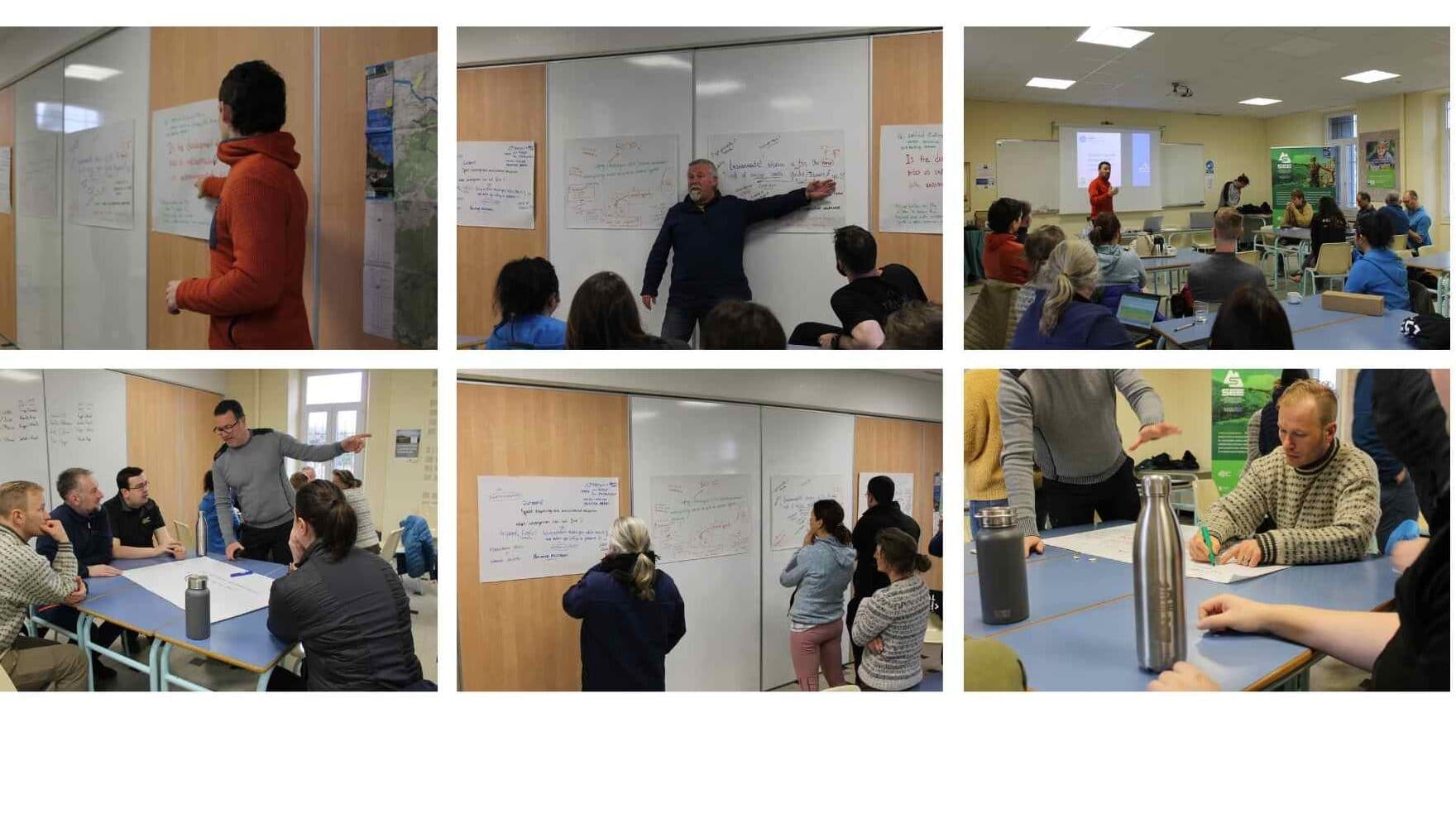
In addition to these local players, the floor was also given to international specialists: the members of Trash Free Trails, for example, made their contribution by presenting their programme to reduce single-use pollution on trails by encouraging citizen participation in “outdoor adventures”. The partners of sportNI and Leave no trace were able to share techniques for organising environmentally friendly bivouacs.
Complemented by workshops and working sessions between SEE project members – and other experts from international organisations such as Mourne Heritage Trust, French Biodiversity Agency, Mistra Outdoors, Sport Ireland, EOMTB, Västernorrland Board and IPDJ – these interventions were then good ways to question how to create and implement effective common tools for sport and environmental education.
Time for sporting activities to put into practice the theoretical knowledge covered during the discussions
However, these theoretical exchanges would not have been so valuable if they had not been accompanied by practical activities in the field! In this context, the invited European partners and experts directly put their discussions into practice by participating in climbing and caving initiations in the heart of the National Nature Reserve of the Gorges de l’Ardèche. On this occasion, they discovered innovative educational tools, used daily by the local instructors accompanying them. Caving guide Eloïse Coutaz and climbing guide François Laupin led introductory sessions on their activities, learning technical sports skills while integrating environmental and heritage education.
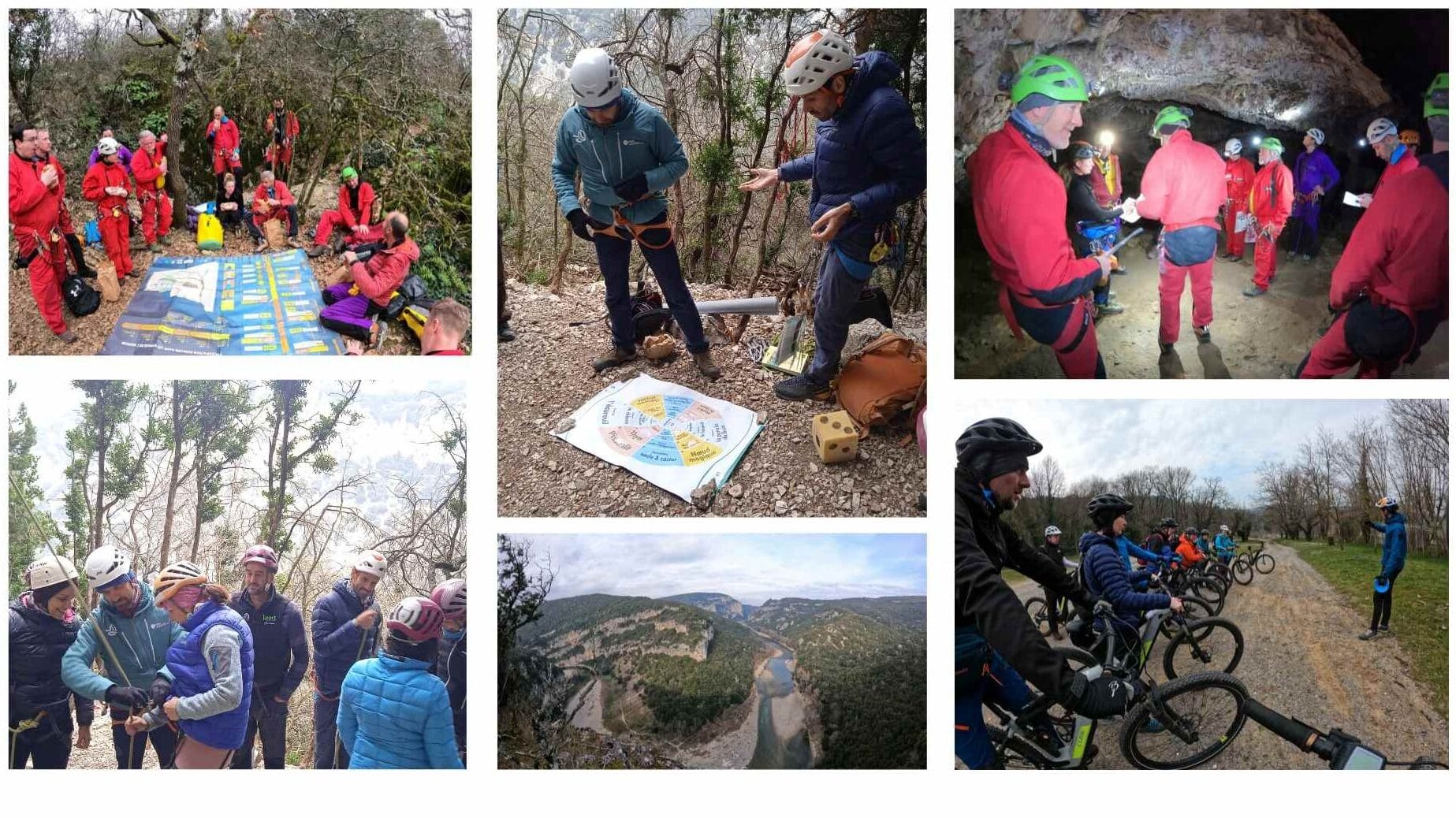
As the meeting was placed under the sign of soft mobility, the whole of the displacements were operated with the assistance of electric bikes. The mountain bike ride to the bivouac in Gaud allowed the partners to discover the Ardèche landscape, its biodiversity, its geology and its human heritage through sport. The commitment of the CREPS instructors during this exchange also enabled the members of SEE to immerse themselves in real micro-adventures combining mountain biking, caving and a rapid crossing of the Ardèche in a kayak.
Different cultures, different approaches towards a common understanding
By alternating theory and practice, these three days of exchanges enabled us to compare different visions in order to educate as many people as possible to respect biodiversity. Each participant was able to propose, experiment or develop concrete situations to reduce the impact of our practices, make technical progress in the activity and “reconnect” with nature…
Times of exchange and conviviality strengthening discussions and cooperation between European partners
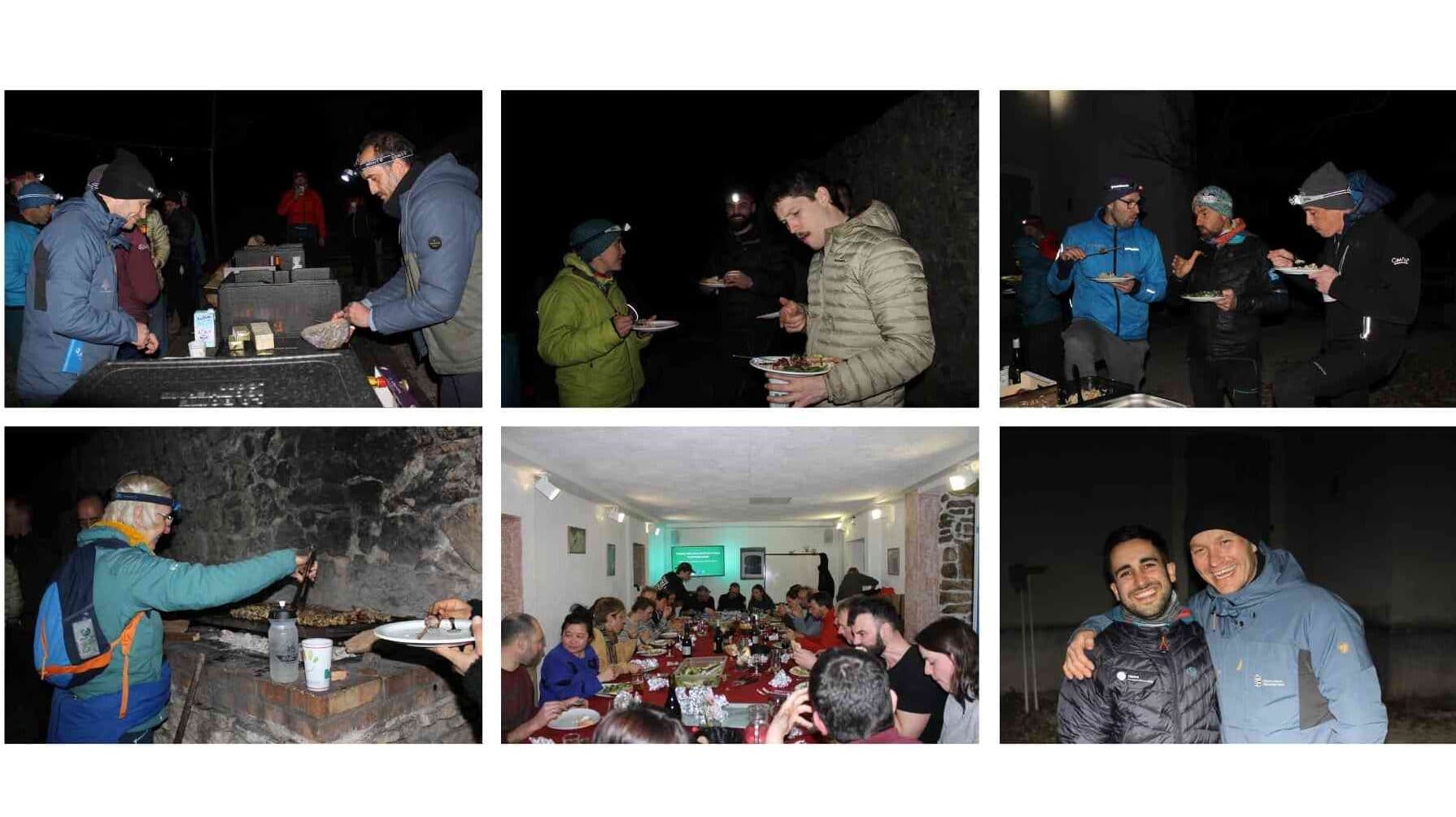
Finally, the various evenings organised – such as the welcome drink, the bivouac in /the Gaud natural area or the end-of-week meal held at the CREPS – encouraged the members of the programme to come back to the activities practised during the day and to continue their exchanges in a more informal manner. Also, these times of sharing were seen as good ways to strengthen, once again, the links between all the European partners: a considerable strength for the continuation of the project!
